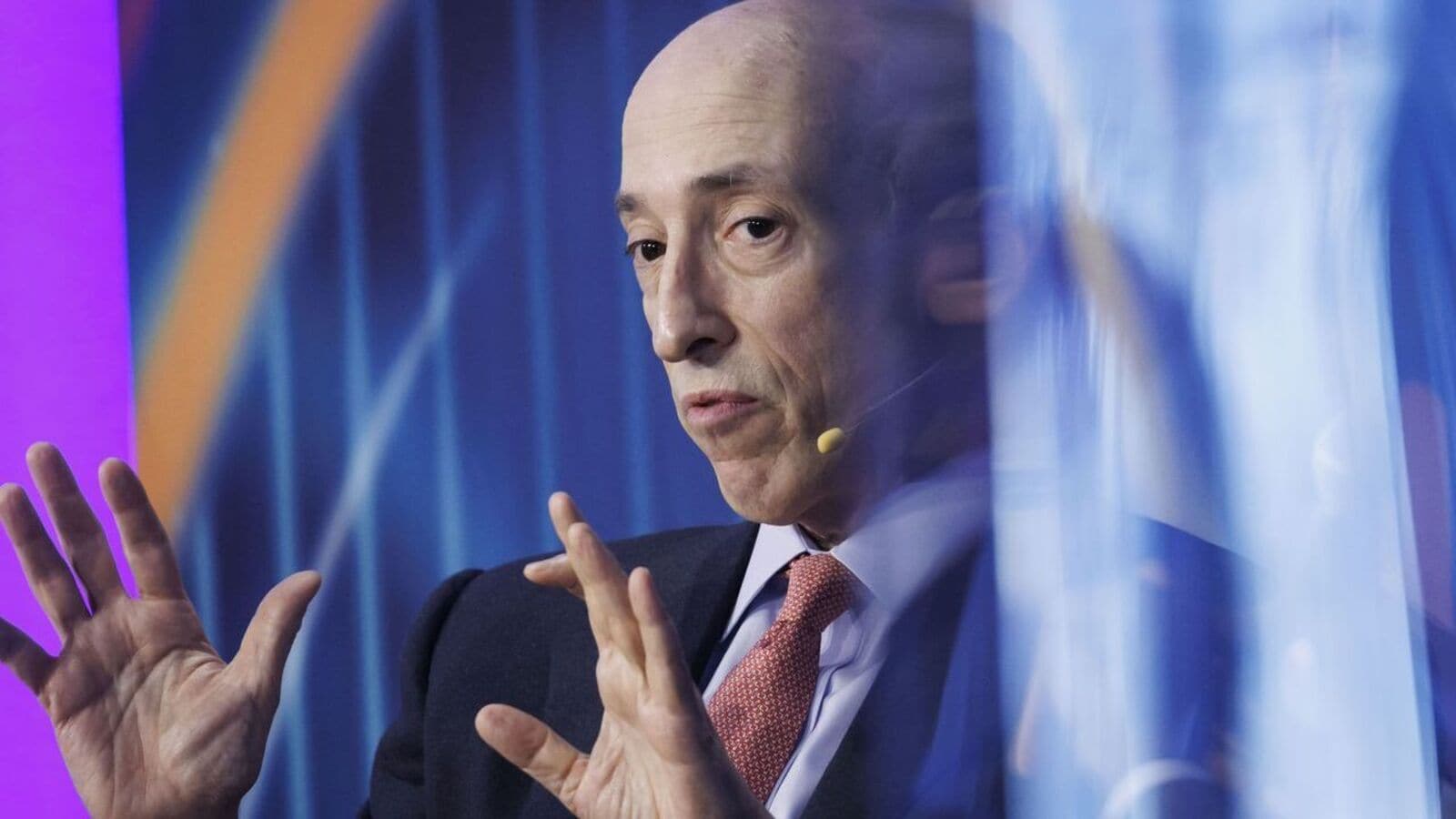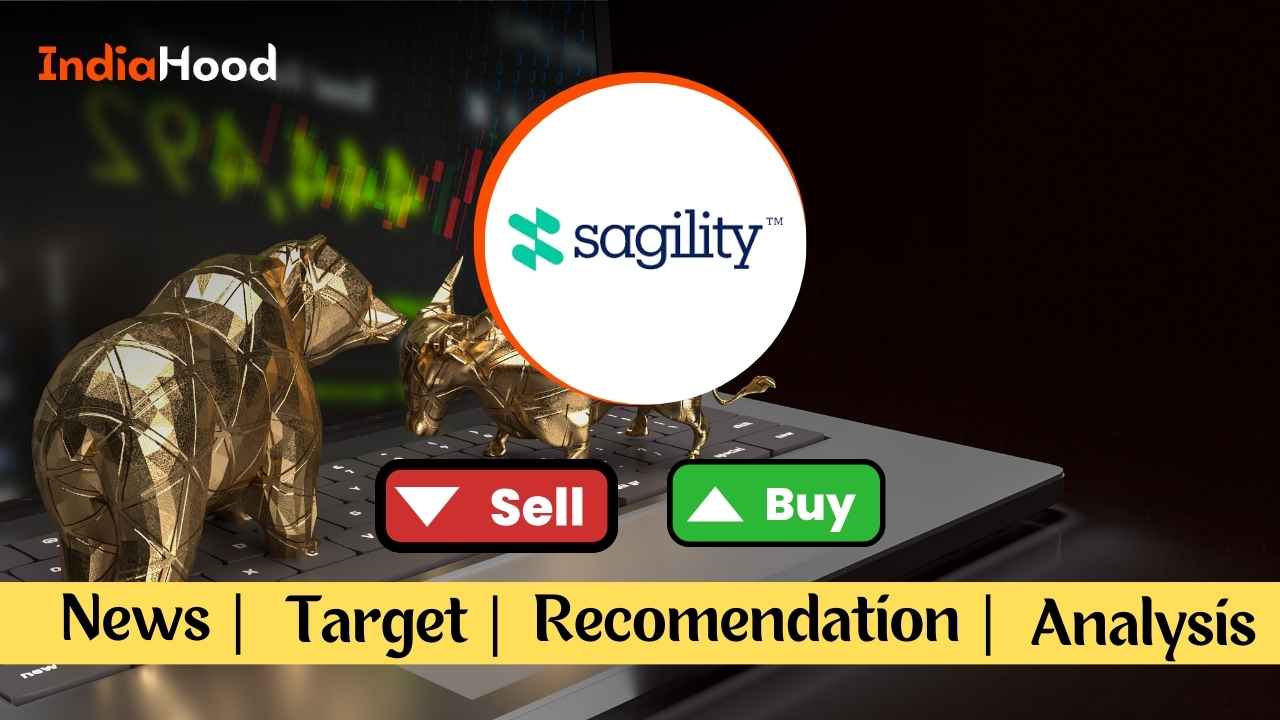Understanding Gary Gensler’s Impact as SEC Chair
The Securities and Exchange Commission (SEC) is a critical regulatory body ensuring fair and efficient markets in the United States. While names like Joe Kennedy might ring a bell as the agency’s first chairman, Gary Gensler, the current SEC chair, has garnered significant attention during his tenure. Known for his assertive policies and reforms, Gensler has made headlines, especially in the wake of increasing scrutiny on digital currencies and market practices. His leadership style and regulatory approach have sparked debates across various sectors, from cryptocurrency to traditional finance.
Gensler’s Rise to Prominence
Since taking office in 2021, Gensler has positioned himself at the forefront of the regulatory landscape, particularly during a time characterized by market volatility and technological advancement. His proactive measures reflect a response to past crises—including the failure of the Treasury market and the GameStop trading frenzy—that called for a re-evaluation of existing regulatory frameworks. During a recent bitcoin convention, former President Donald Trump notably vowed to remove Gensler, indicating the controversial reputation he has built within the industry.
A Productive Tenure
Gensler’s tenure is marked by a significant output of proposed regulations. He has been instrumental in crafting approximately 50 sets of new rules, achieving around 75% completion during his time in office. This output not only exceeds that of his predecessors but also signifies a commitment to ensuring market integrity and investor protection in an evolving financial landscape.
Main Focus Areas of Gensler’s Agenda
| Key Issue | Description | Expected Impact |
|---|---|---|
| Transparency in Markets | Implementing rules to improve transparency for investors and stakeholders. | Enhanced investor trust and less opacity in financial transactions. |
| Regulation of Cryptocurrency | Classifying many crypto assets as securities to bring them under SEC regulations. | Increased oversight and potentially reduced fraud in the crypto sector. |
| Market Dynamics | Reducing settlement times from t+2 to t+1 for equity trades. | Quicker transaction settlements and reduced risk for investors. |
| Private Market Fund Regulations | Proposing regulations for increased disclosure from private market funds. | Improved transparency regarding performance and fees. |
Challenges Facing the SEC
Despite his productivity, Gensler faces substantial pushback from the financial industry, which often perceives his initiatives as overreach. His attempts to introduce rigorous climate disclosure requirements and regulations for private-market funds have met with legal challenges, demonstrating the friction between regulatory ambitions and industry interests. Gensler’s belief that “transparency helps markets” reflects his background in finance, further shaping his perspective on the needs of a modern and robust financial system.
The Future of Regulatory Changes
As Gensler continues to navigate his role amid resistance, the financial industry should expect further developments. His agenda is characterized by a commitment to keeping pace with evolving market practices, fostering competition, and enhancing investor protection. Whether it means adapting to court rulings or continuing to advocate for transparency, Gensler embodies a proactive approach that could reshape the financial landscape in the years to come.
In conclusion, Gary Gensler’s leadership at the SEC represents a pivotal chapter in U.S. financial regulation. With a focus on transparency and responsiveness to market changes, his tenure has brought significant reforms aimed at bolstering investor confidence and market efficiency. As he faces ongoing challenges and criticism from various sectors, his legacy will ultimately depend on his ability to balance regulatory diligence with the needs of an ever-evolving financial environment.











